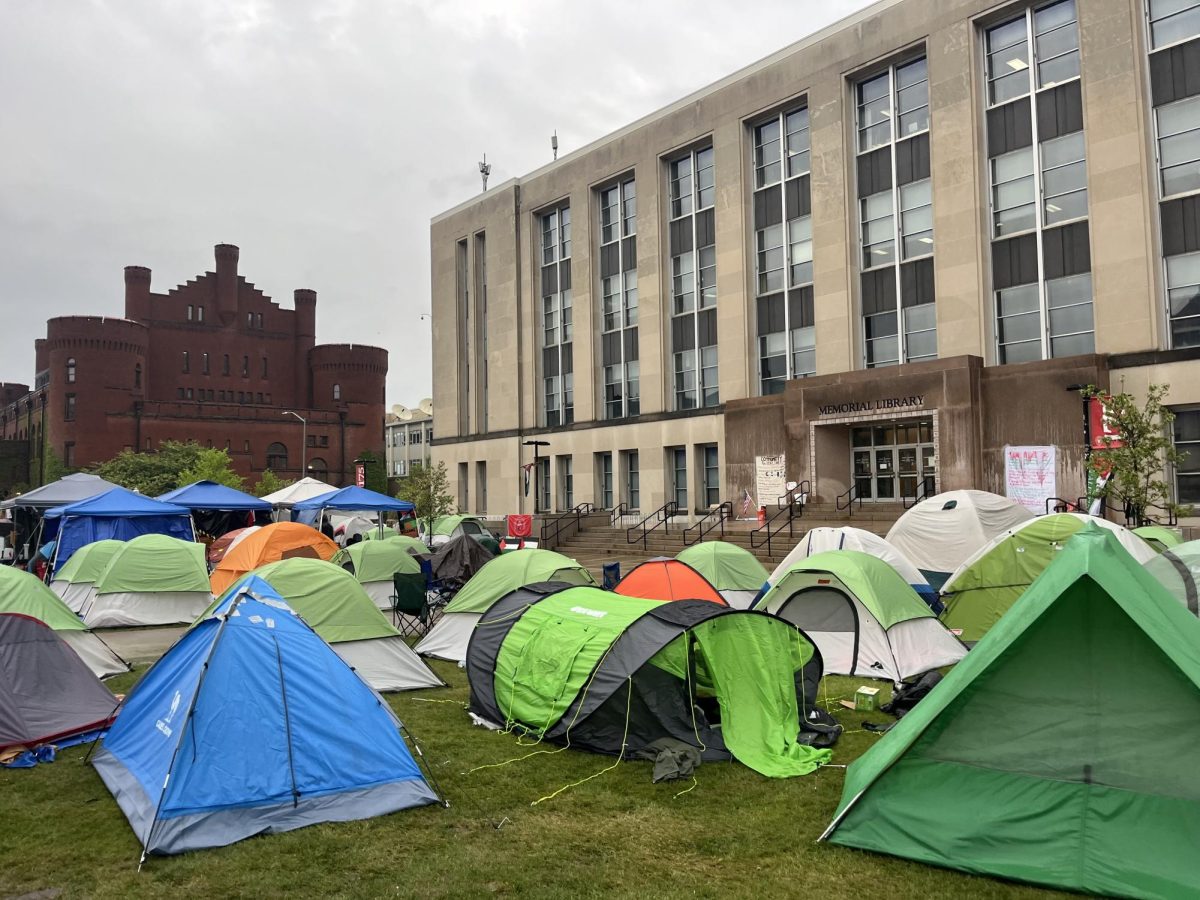Three University of Wisconsin research affiliates from the Institute for Research on Poverty received a grant to continue analyzing the effects of a government assistance program on low-income families.
The John D. and Catherine T. MacArthur Foundation granted the researchers $194,000. This will allow the researchers to expand their study on the effects of the Section 8 housing subsidy program, which provides housing vouchers to help low-income families move into better housing in better environments at a lower cost, UW professor of economics Robert Haveman said.
Haveman, along with Senior Scientist and Associate Director at the Institute Thomas Kaplan, professor of economics Barbara Wolfe and graduate assistant Deven Carlson were the recipients of the grant.
After families move to their new home under the housing program, vouchers allow families to pay a fraction of the rent while the government pays the rest, Haveman said.
He added by using data collected from the state of Wisconsin, the researchers attempt to understand the effects of housing vouchers on people’s choices and behaviors, such as what neighborhood they move to or whether they use childcare services.
After taking into account the effects attributed to the housing voucher, Haveman said their research found the program benefitted those receiving them.
“This is a worthwhile program and if anything, ought to be expanded,” he said, adding the government is always thinking about whether to expand or shrink programs, and this study helps them evaluate the negatives and benefits.
Haveman said after previous years of research, the new grant will continue to focus on how the housing voucher affects the well being of families, but will also expand to incorporate three additional impacts on families.
Wolfe said the expanded study would examine housing vouchers’ impact on educational opportunities for children and adults’ decisions to participate in work training programs.
Finally, the study will evaluate whether a housing voucher helps people through the current recession, Wolfe said.
To assess these new impacts, the research will use new sets of administrative data from the state of Wisconsin, she said.
Previously, the study used administrative data providing information about individuals in the state of Wisconsin from 2001-2006, Wolfe said, adding they will now have access to data up to 2009.
Using this data, the impacts of the housing vouchers can be evaluated to help policymakers decide whether to maintain and continue the program, she said.
So far, the study has found those who receive the housing voucher move to better quality and more stable environments and families with children use childcare, Wolfe said.
The study also found people reduce their amount of work after first receiving the housing voucher, but over time, start working more, Haveman said.
She added those in troubled relationships use the voucher as a way out.
Haveman said the use of the unique administrative data led to the study’s success.
“As professors at a university, our job is to do the best research that we can… and that’s what we do,” Haveman said.


















